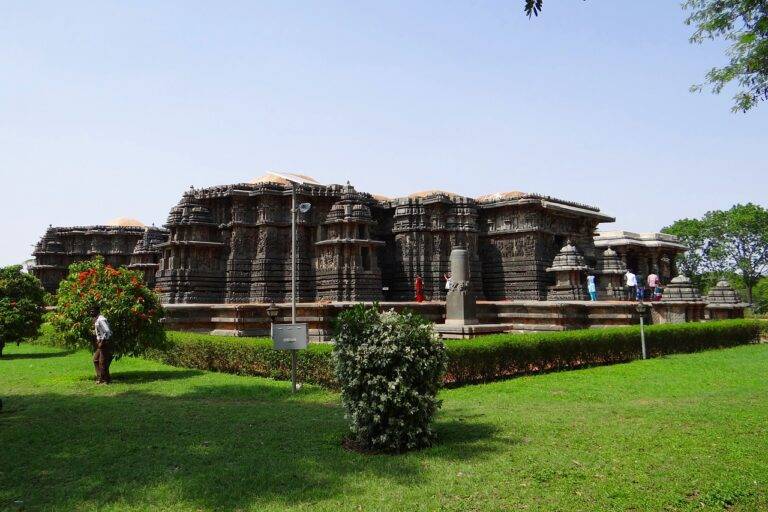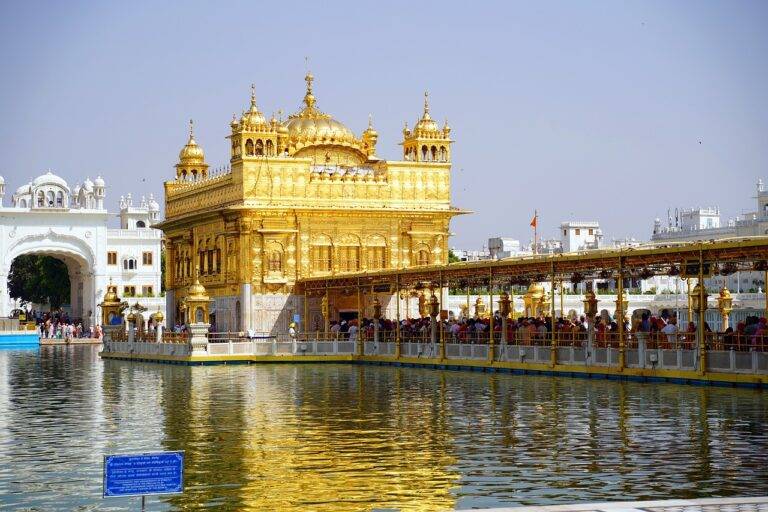The Role of Political Donations in Shaping Policy: Allpanel login, Mahadev online book, Cricket online id
allpanel login, mahadev online book, cricket online id: Political donations play a significant role in shaping policy decisions in governments around the world. This practice raises questions about the influence of money in politics and whether it allows wealthy individuals and corporations to gain undue influence over government officials. In this article, we will explore the impact of political donations on policy-making and discuss some of the most common concerns raised by critics.
Undermining Democracy
One of the primary concerns about political donations is that they can undermine the democratic process by allowing special interests to sway policy decisions in their favor. Wealthy donors have the resources to support candidates who align with their interests, effectively buying access and influence in government. This can lead to policies that benefit the wealthy few at the expense of the broader population.
Creating a Tilted Playing Field
Political donations can also create a tilted playing field, where candidates who receive large contributions have a significant advantage over those who do not. This can discourage qualified individuals from running for office if they do not have access to the same financial resources. As a result, the political landscape may become dominated by candidates who are more beholden to their donors than to their constituents.
Influencing Policy Decisions
It is no secret that political donations can influence policy decisions. When politicians rely on donations from wealthy individuals and corporations to fund their campaigns, they may feel obligated to prioritize the interests of their donors over the needs of the general public. This can result in policies that are skewed in favor of those who can afford to make sizable contributions.
Lack of Transparency
Another issue with political donations is the lack of transparency surrounding these contributions. In many cases, donors can make sizable contributions to candidates or political parties without revealing their identities or the sources of their funds. This lack of transparency can make it difficult for the public to hold elected officials accountable for their actions and decisions.
Corruption and Cronyism
Political donations have also been linked to corruption and cronyism in government. When wealthy donors expect special treatment in exchange for their contributions, it can create a culture of favoritism and unethical behavior. This can erode public trust in government institutions and undermine the integrity of the political system as a whole.
Addressing the Issue
Despite these concerns, there are steps that can be taken to address the impact of political donations on policy-making. Implementing stricter campaign finance laws, increasing transparency around donations, and reducing the influence of money in politics are just a few of the solutions that have been proposed. By holding elected officials accountable and advocating for greater accountability in the political process, we can work towards a more equitable and just system of governance.
FAQs
Q: Are political donations legal?
A: Yes, political donations are legal in most countries, but there are regulations in place to prevent corruption and undue influence.
Q: Can political donations be used to buy votes?
A: While it is illegal to directly buy votes, political donations can influence policy decisions and sway politicians to align with the interests of their donors.
Q: How can I find out who is donating to political campaigns?
A: Many countries have public databases that track political donations, allowing citizens to see who is funding political campaigns and candidates.
In conclusion, political donations play a significant role in shaping policy decisions in governments around the world. While there are concerns about the influence of money in politics, there are steps that can be taken to address these issues and promote transparency and accountability in the political process. By staying informed and advocating for change, we can work towards a more equitable and just system of governance.







